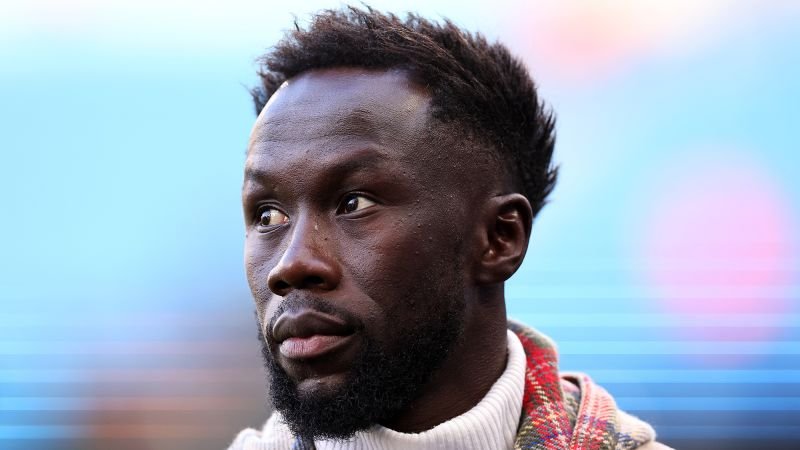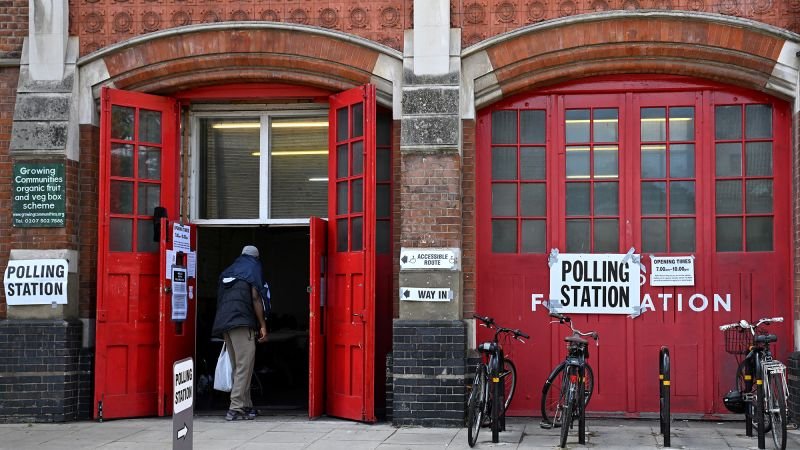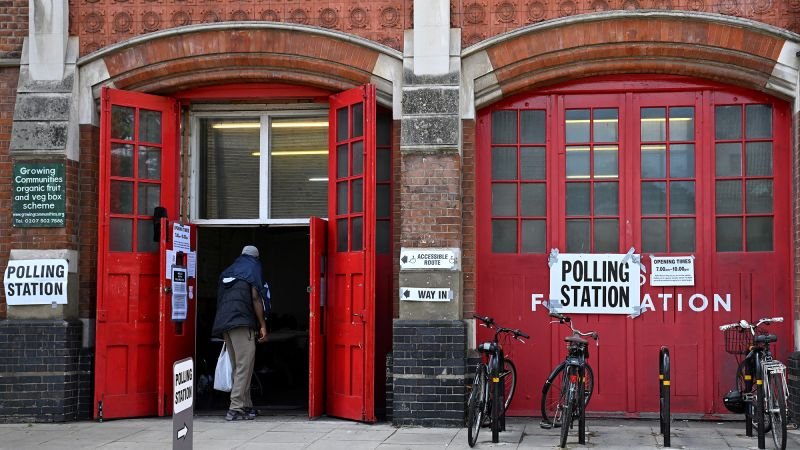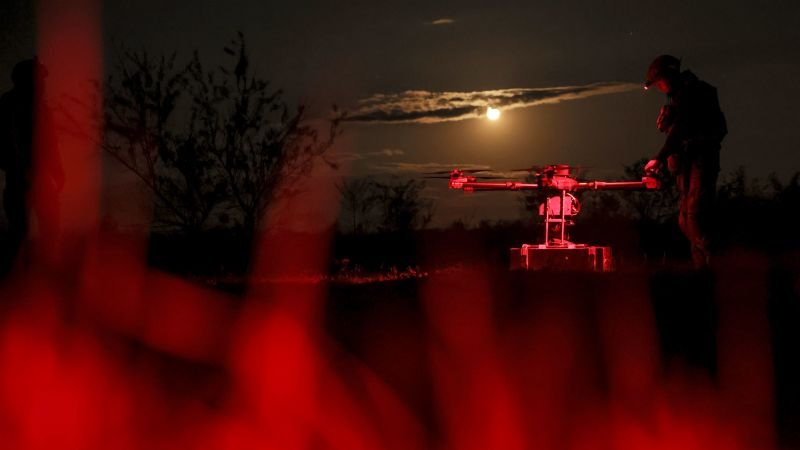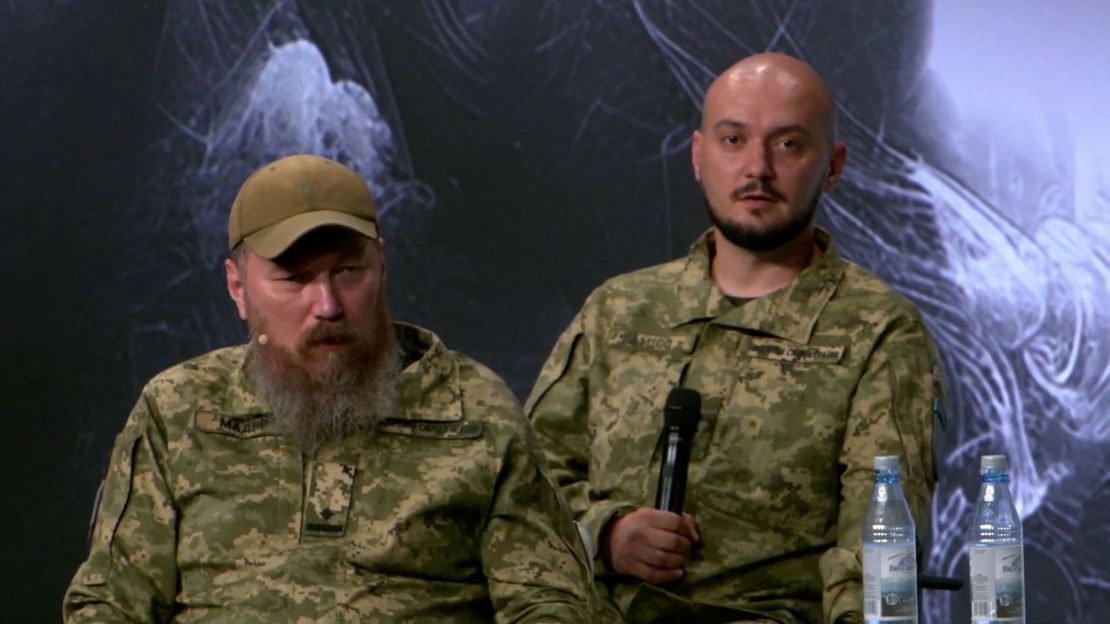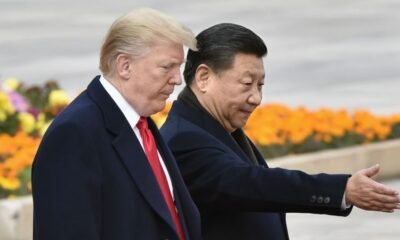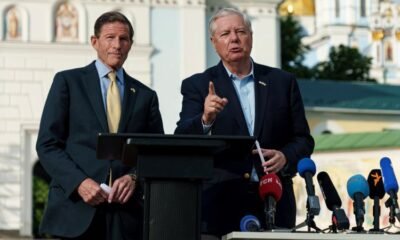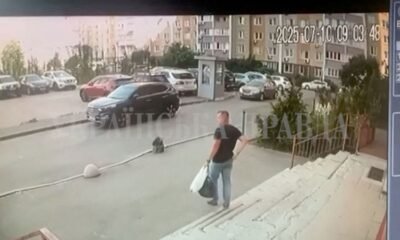CNN
—
Former Arsenal and Manchester City star Bacary Sagna has urged Liverpool players to properly process the death of Diogo Jota by speaking to someone about their grief.
Sagna, who spent a decade playing in the English Premier League, told CNN Sports that Liverpool players may struggle to focus on the upcoming season with their teammate missing from the squad.
Reds striker Jota died in a car crash on July 3 at the age of 28. His brother, André Silva – who was also a professional soccer player – also died in the car accident aged 25.
Many of those in the current Liverpool team, including captain Virgil van Dijk and left back Andy Robertson, traveled to Portugal to attend Jota’s funeral earlier this month, before the squad returned for preseason training.
“They will constantly think about it,” Sagna said. “Because in the dressing room, one space will be free. At lunch time, one space will be free. In the bus, one space will be free, so I clearly advise them to speak up.”
He added: “We are human beings first. We spend more time with the players than we spend with the whole family, so it’s just crazy. It’s hard to explain why and how it happened, but unfortunately, you have to move on, and you have to try to cope with it, but it’s going to be difficult.”
Sagna, who played 65 times for the France national team, knows more than most how a death of a loved one can impact the ability to focus on soccer.
Early into his spell at Arsenal, Sagna’s brother died in 2008.
He said the news sent him into “shock” and his brain felt “paralyzed” by not knowing what to do, where to turn or who to talk to.
Sagna went back to France for a week, but quickly decided to return to Arsenal after being advised by his father.
It was the defender’s second season with the club but he could no longer focus on his job, finding himself coasting through training sessions and matches.
He said it would only be natural for Liverpool, the reigning Premier League champion, to experience some sort of drop off when the new league season starts on August 15.
“My brain was not there. It’s my second season. I start doing mistakes, like schoolboy mistakes. To control the ball was difficult. My brain was in slow motion,” Sagna said, explaining how he struggled after the death of his brother.
“So some of the (Liverpool) players might come and be in the same mindset. They might not have their head into football because they will constantly think about it.”
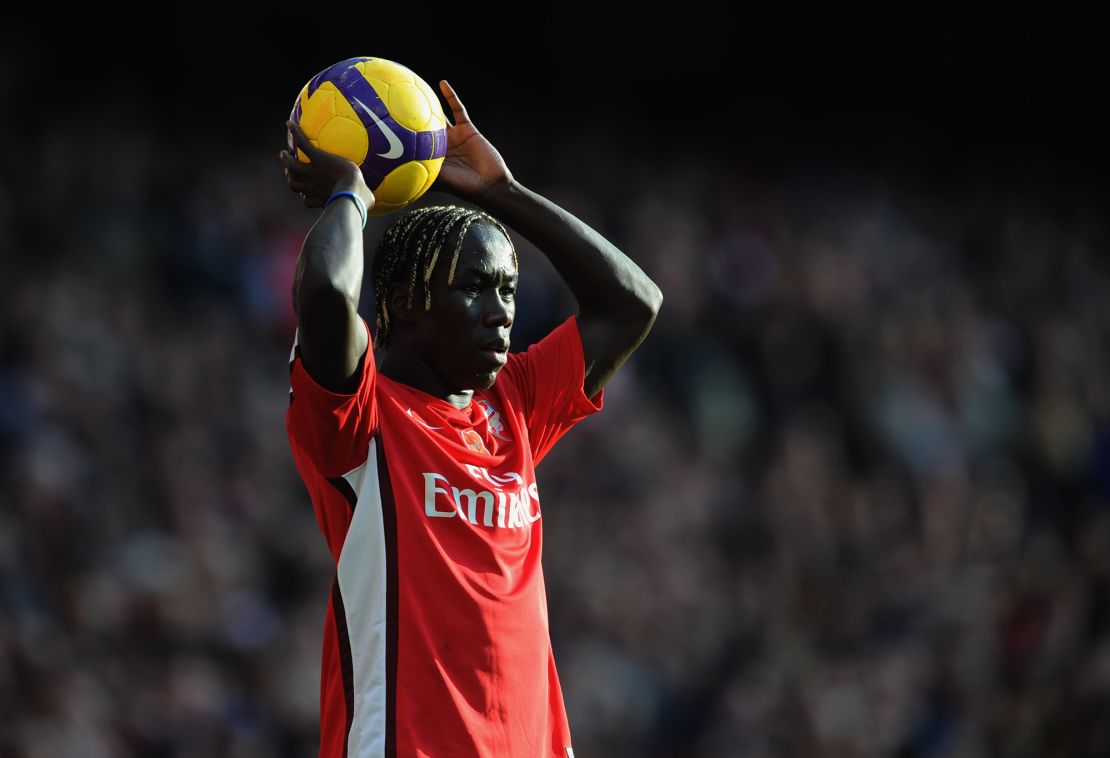
From his own experience, Sagna understands why speaking to a counselor about grief can be intimidating.
He was initially against it, not allowing himself to be vulnerable in front of a stranger who had “studied and learned from books.”
But after being approached by Arsenal’s then sports psychologist, the 42-year-old now advocates for people, notably men, to speak about how they’re feeling.
Sagna told CNN Sports that the counseling allowed him to redefine himself as a human being first, not just a soccer player. That shift in framing then allowed him to properly start processing his feelings.
“We talked about life, we talked about many things, and most importantly, I felt a relief,” he said.
“I felt light after this, and I was like, ‘Why didn’t I go and open up earlier?’ I didn’t have the courage. I didn’t measure the importance of speaking up.
“I was thinking he cannot understand me, but they meet so many people, they hear so many stories. There is data, we were talking about the data. The words will be a release, so it’s really important.”
He added: “I can remember the past and turn it into positive, so I believe the players at Liverpool should maybe try and do the same.”

